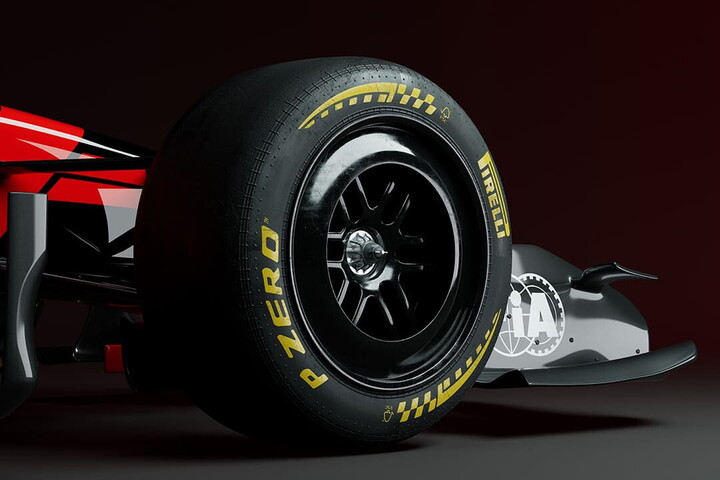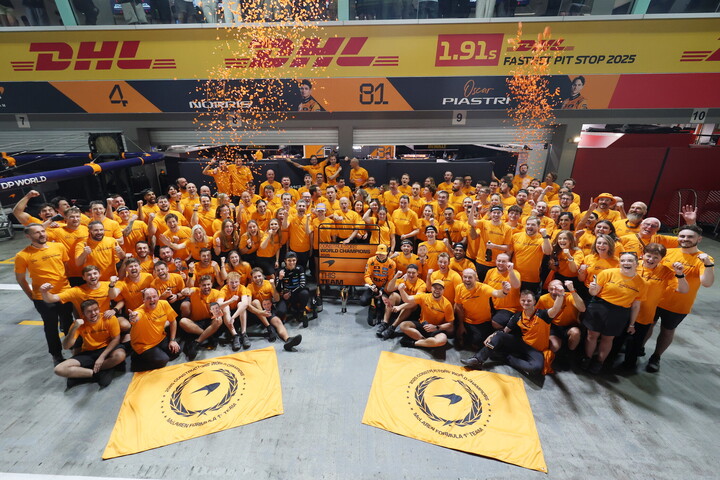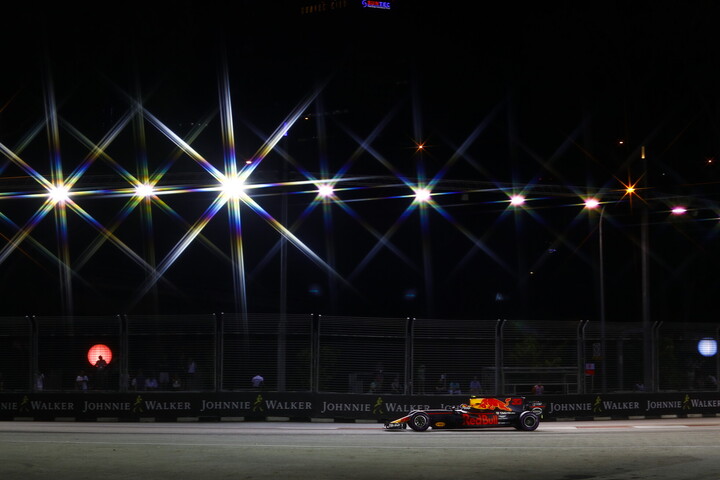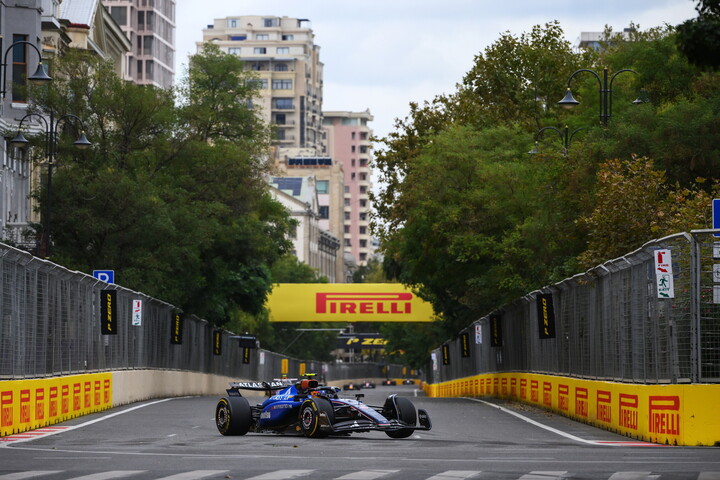A wet weather masterpiece

Among Michael Schumacher's many racing records is the one for most wins on Spanish soil. The seven-time world champion won seven times here, six in the country's national race held in Barcelona and one in a European Grand Prix run at Jerez de la Frontera in Andalusia in 1994.
The most spectacular and unexpected of these seven came in 1996. It rained heavily from the Saturday night before the race and track conditions and visibility were atrocious, to the extent that there was talk of delaying the start. The front row of the grid was a Williams-Renault lock out courtesy of Damon Hill and Jacques Villeneuve. Michael was third on the grid. However, his F310, the first car to be powered by a V10 after the switch from V12 power, was not exactly one of Maranello's best, both in terms of its performance and on the reliability front. Michael was half a second off the pace in qualifying and so far, the season hadn't delivered much, just three podium finishes and as many retirements from six races. Delight at taking pole in Monaco a fortnight earlier had been negated by the mishap at Portier in the race, also on a damp track.
But it was in similarly wet conditions that Schumacher would deliver one of his greatest drives. Having dropped to sixth after the start because of a clutch problem, Michael was flying, as if impervious to the treacherous conditions. On lap 2, he was fifth, on lap four fourth, before moving up to third next time round. His pace was out of reach of the rest, one, two and three seconds faster than anyone. On lap 9 he passed Alesi and three laps later race leader Villeneuve was dealt with. From then on, he just disappeared from view, apart from carving his way past the backmarkers. His pace became even more astonishing, so that he was lapping four to five seconds faster than the rest. When he made his first pit stop on lap 24, he was 30 seconds ahead of Villeneuve!
This triumphant display seemed unstoppable, a symphony performed on a rain-drenched stage, the like of which had rarely been seen in Formula 1. And yet, from half-distance, his Ferrari started to let him down, as the engine began playing up. “Around lap 33, something started to go wrong, it was as though I now had an eight cylinder engine,” said Michael after the race. “And then I had a fun thought, if it's like this with one or two cylinders missing, imagine what it would be like on all ten. Then the situation got better for a couple of laps, but after that, it was critical all the time. In the closing laps, it got worse and I was very worried it would fail. It was only on the last two laps that I slowed down a lot, because by then the result was decided.”
Schumacher had shown no mercy and only five other drivers finished the race: in second place, Alesi crossed the finish line 45 seconds after the German, Villeneuve in third was 48 behind. The other three finishers – Frentzen, Hakkinen and Diniz – were all lapped. “It was a day in which one driver, elevated himself to a different level to the rest and in many ways, it was reminiscent of another great performance in the rain on an Iberian peninsula, in Portugal 11 years earlier,” wrote the BBC On-Line's Andrew Benson ten years ago. “Like Ayrton Senna's maiden victory in 1985, Schumacher's first win with Ferrari has gone down in the history books as one of the greatest drives ever in the wet, from one of the sport's most talented exponents.”
Michael would claim a further 71 wins with Ferrari, another record and one that is likely to remain unbroken for a very long time. It was one of those wins that will never be forgotten.




